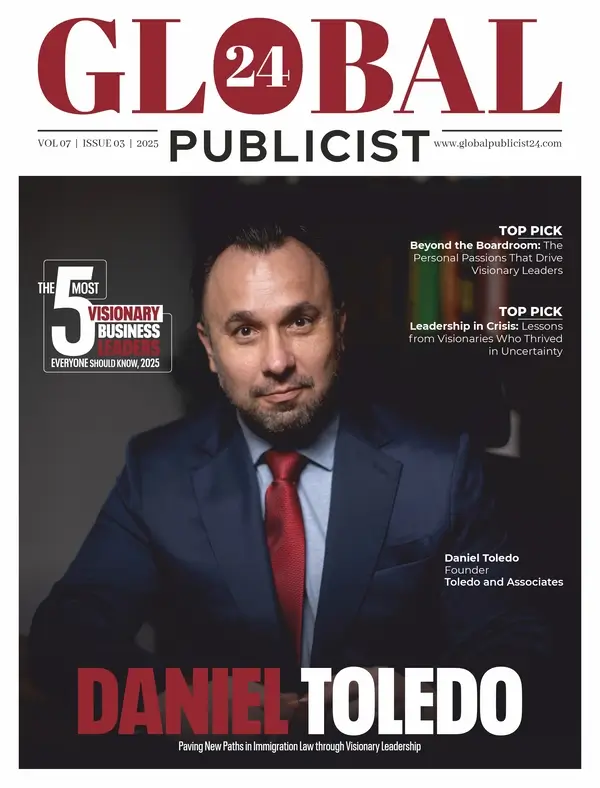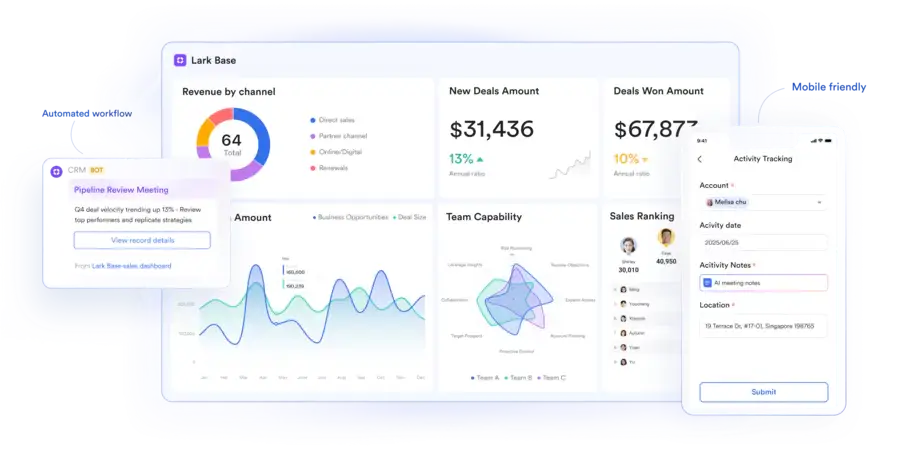In the fast-paced world of business, mental clarity is everything. Whether you’re making high-stakes decisions, managing multiple teams, or presenting to stakeholders, your ability to think clearly can make or break a day. But what many executives overlook is how something as simple as hydration plays a crucial role in maintaining cognitive performance. Dehydration does not just affect physical health—it directly impacts how your brain functions.
The Subtle Signs of Brain Fog
You know the feeling. You’re sitting in a meeting, trying to focus, but your thoughts are sluggish. You read the same sentence in an email three times and still can’t absorb it. This mental haze is what many refer to as brain fog. It can show up as forgetfulness, difficulty concentrating, or a general sense that your thinking isn’t as sharp as it should be.
Brain fog is not just a symptom of stress or lack of sleep. It is often a warning sign that your body is low on essential fluids and electrolytes. Many people live in a constant state of mild dehydration without realizing it. For professionals who spend long hours under artificial lights, in air-conditioned offices, or on planes, the risk is even higher.
Why Hydration Affects Cognitive Function
Water is essential for nearly every function in the human body, including those in the brain. Even slight dehydration—just one to two percent loss of body weight from fluid—can impair memory, attention, and decision-making speed. When you are dehydrated, your brain has to work harder to complete tasks, leaving you feeling mentally drained.
This is where electrolyte tubs can make a difference. Unlike plain water, electrolyte-enhanced drinks help restore the minerals your body loses throughout the day. These minerals, such as sodium, potassium, and magnesium, support nerve signaling and hydration balance. Keeping a tub of electrolyte mix in your office or travel bag makes it easier to stay ahead of dehydration, especially on days packed with meetings or travel.
Hydration Habits for High Performers
Making hydration part of your daily routine does not need to be complicated. Start your morning with a glass of water before coffee. Set reminders throughout the day to take water breaks, especially if you are in back-to-back meetings. Keep a refillable water bottle at your desk and consider adding an electrolyte drink to your afternoon routine to beat the mid-day slump.
If your job involves travel or public speaking, be especially mindful of fluid intake. Airplane cabins and hotel air systems are notoriously dehydrating. Drinking more water and supplementing with electrolytes before and after flights can help you stay mentally sharp and physically well.
Avoiding Common Hydration Mistakes
Not all drinks are created equal. Many executives reach for coffee or energy drinks to boost focus, but these can actually contribute to dehydration. Alcohol at after-hours networking events or client dinners can also reduce hydration levels. While it is fine to enjoy these beverages in moderation, they should be balanced with water and electrolytes to keep your body and brain functioning at their best.
Additionally, relying on thirst as a hydration cue is not always reliable. By the time you feel thirsty, you may already be mildly dehydrated. Instead, adopt a proactive approach—drink steadily throughout the day rather than trying to catch up at the end.
Staying Sharp Through Smarter Choices
Success in business often comes down to small, consistent habits. Just as you plan your calendar, manage your team, and track performance, managing your hydration should be part of your daily routine. The link between hydration and brain function is well established, and by giving your body what it needs, you support the mental clarity that leadership demands.
Staying hydrated is not just about health—it is a strategy for better thinking, sharper communication, and stronger decision-making. In the world of high performance, every advantage counts.













